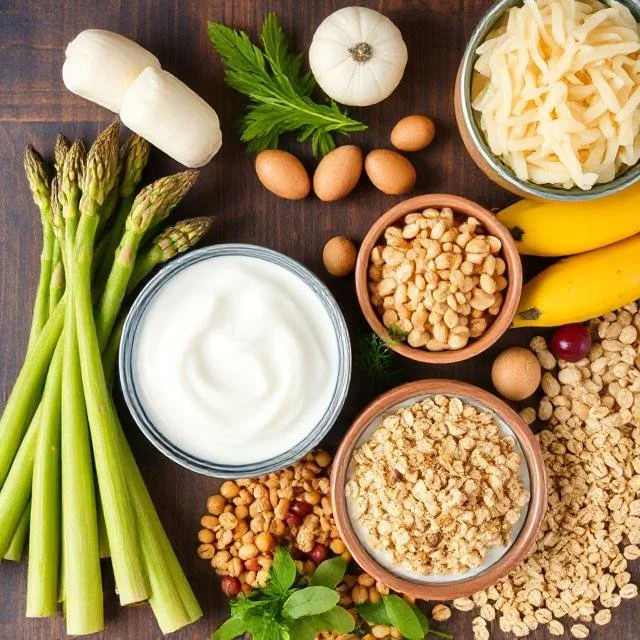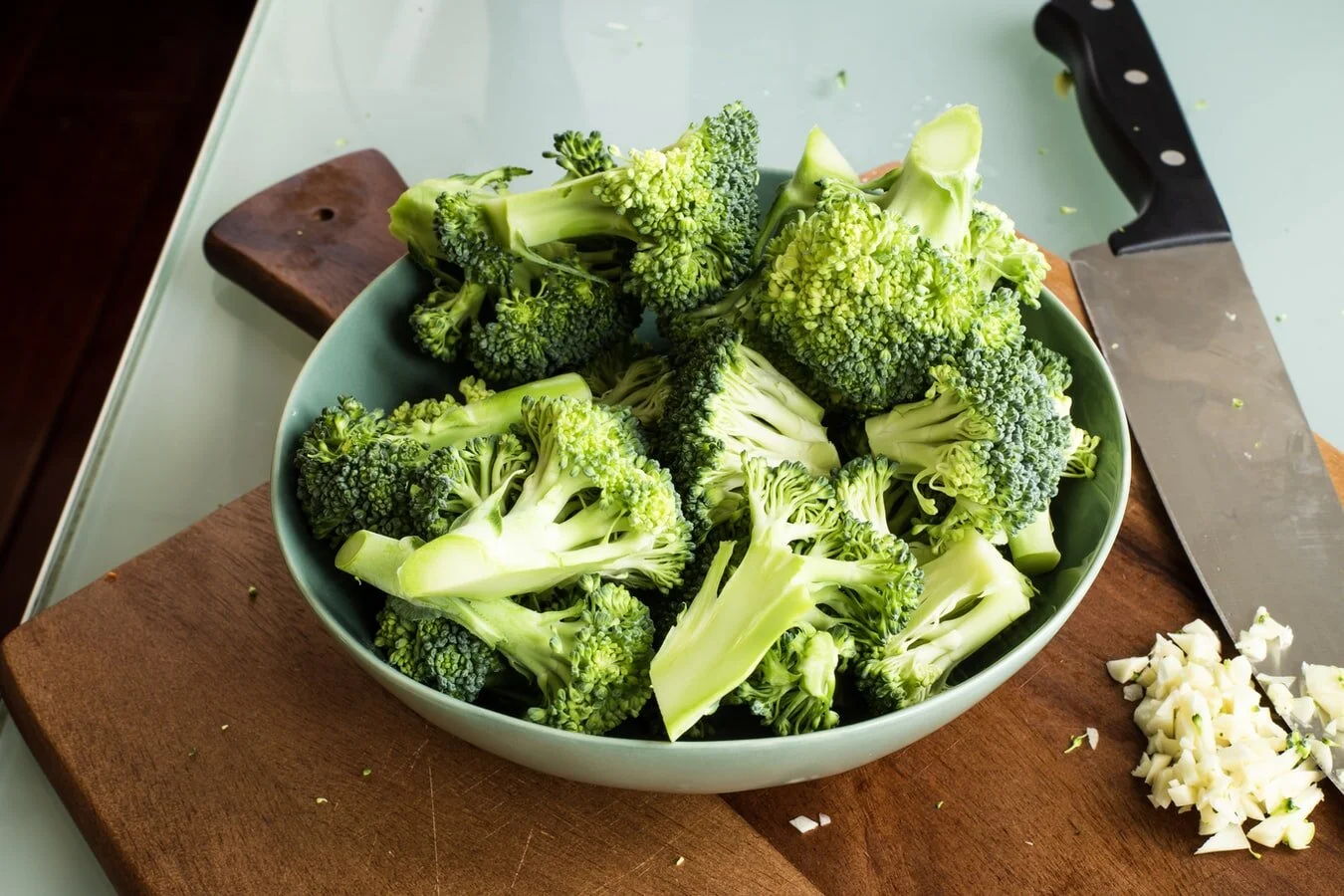FITNESS
NUTRITION
RECIPES
RECOVERY
WELLNESS
WORKOUT

Strength Training & Hormones: What Every Body Needs to Know


FITNESS
NUTRITION
RECIPES
RECOVERY
WELLNESS
WORKOUT

Hack Squat: A Complete Guide to Building Stronger Legs


FITNESS
NUTRITION
RECIPES
RECOVERY
WELLNESS
WORKOUT

Seven Benefits of Spinning


FITNESS
NUTRITION
RECIPES
RECOVERY
WELLNESS
WORKOUT

Working Out With Resistance Bands


FITNESS
NUTRITION
RECIPES
RECOVERY
WELLNESS
WORKOUT

How to Run 10km in 8 Weeks


FITNESS
NUTRITION
RECIPES
RECOVERY
WELLNESS
WORKOUT

How to Safely Increase Your Weightlifting Max


FITNESS
NUTRITION
RECIPES
RECOVERY
WELLNESS
WORKOUT

The Science of Fresh Starts: Why Spring Sparks Motivation


FITNESS
NUTRITION
RECIPES
RECOVERY
WELLNESS
WORKOUT

Probiotics vs Prebiotics: What's the Difference and Why Do We Need Them?


FITNESS
NUTRITION
RECIPES
RECOVERY
WELLNESS
WORKOUT

The Best Veggies, As Ranked By Nutritional Value


FITNESS
NUTRITION
RECIPES
RECOVERY
WELLNESS
WORKOUT

The Science of Fresh Starts: Why Spring Sparks Motivation


FITNESS
NUTRITION
RECIPES
RECOVERY
WELLNESS
WORKOUT

Strength Training & Hormones: What Every Body Needs to Know


FITNESS
NUTRITION
RECIPES
RECOVERY
WELLNESS
WORKOUT

The FIT Guide to Finding Balance During the Silly Season


FITNESS
NUTRITION
RECIPES
RECOVERY
WELLNESS
WORKOUT

The Value of the FIT Collective


FITNESS
NUTRITION
RECIPES
RECOVERY
WELLNESS
WORKOUT

Rise and Shine: Unlock the Powerful Health Benefits of Morning Sunlight


FITNESS
NUTRITION
RECIPES
RECOVERY
WELLNESS
WORKOUT

Stress Management Techniques for a Healthier Body and Mind


FITNESS
NUTRITION
RECIPES
RECOVERY
WELLNESS
WORKOUT

Holistic Wellness: Integrating Mindfulness into Your Fitness Routine


FITNESS
NUTRITION
RECIPES
RECOVERY
WELLNESS
WORKOUT

Sauna, Swim, Spa - The Triple S for Recovery


FITNESS
NUTRITION
RECIPES
RECOVERY
WELLNESS
WORKOUT

5 Rowing Workouts that will Turn up The Heat


FITNESS
NUTRITION
RECIPES
RECOVERY
WELLNESS
WORKOUT

HIIT Rowing Machine Workout


FITNESS
NUTRITION
RECIPES
RECOVERY
WELLNESS
WORKOUT

30 Minute Partner Workout


FITNESS
NUTRITION
RECIPES
RECOVERY
WELLNESS
WORKOUT

Get Your Heart Rate Up with This 45 Min HIIT Workout


FITNESS
NUTRITION
RECIPES
RECOVERY
WELLNESS
WORKOUT

Sled Workout to Burn Fat and Build Muscle


FITNESS
NUTRITION
RECIPES
RECOVERY
WELLNESS
WORKOUT

How to Make Cardio Fun with Technogym


FITNESS
NUTRITION
RECIPES
RECOVERY
WELLNESS
WORKOUT

Dugs' BBQ Chicken Breast with Texan Rub Recipe


FITNESS
NUTRITION
RECIPES
RECOVERY
WELLNESS
WORKOUT

Delicious Protein Pancakes Recipe

